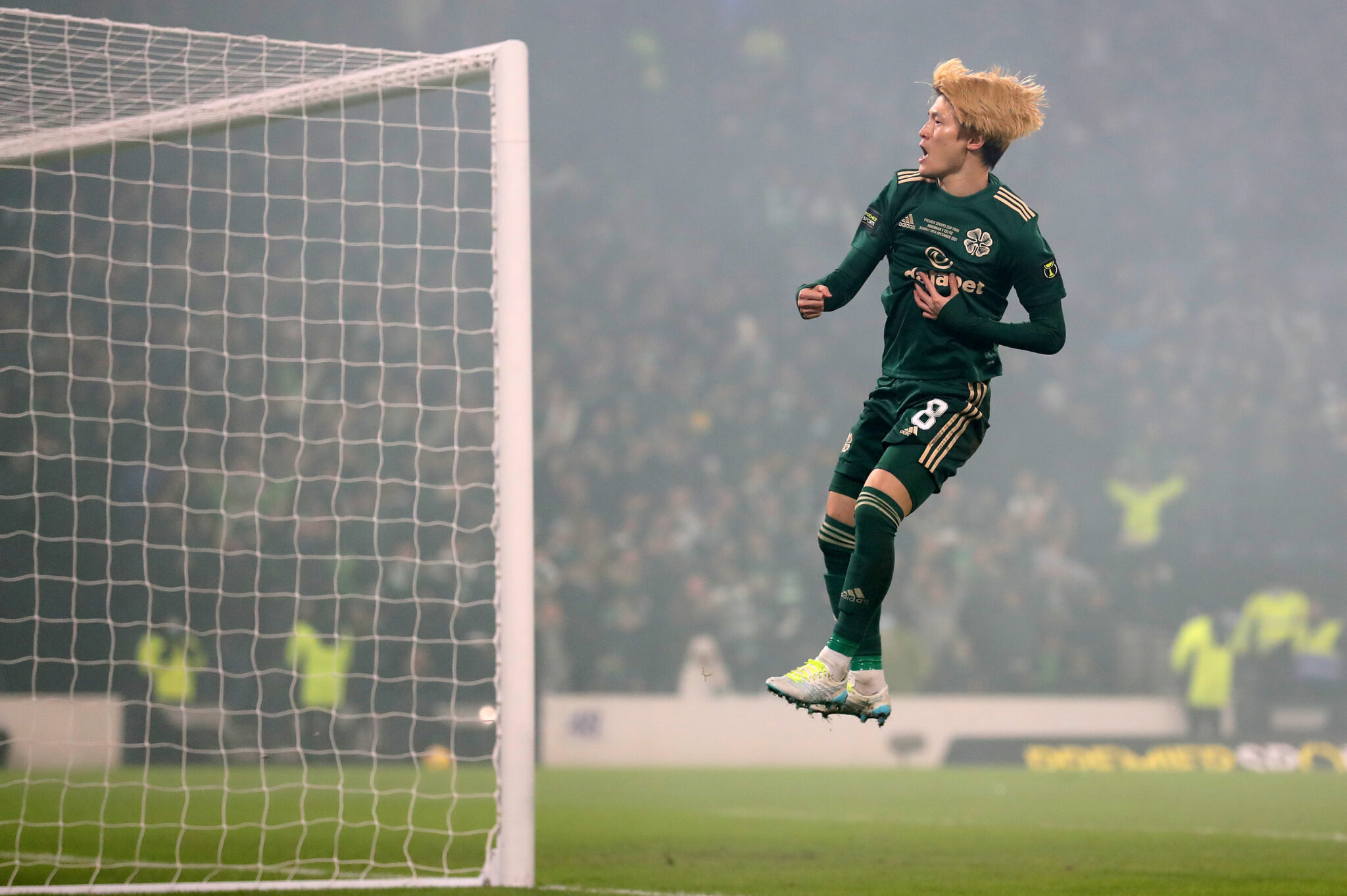© The Fan Experience Company 2020

Omicron: Festive sport 'effectively spectator-free' in Scotland
Most festive sport in Scotland will be “effectively spectator-free” as the government continues the fight against Covid-19’s Omicron variant.
The restrictions, affecting all levels of sport, start on 26 December for a three-week period.
Outdoor events will be limited to 500 people, with one metre social distancing in place, first minister Nicola Sturgeon has confirmed.
It comes amid surging numbers of Omicron cases across the country.
All clubs across the four divisions of the Scottish Professional Football League are required to conduct daily tests in a bid to get through the traditionally busy festive schedule.
The Scottish Premiership is due to shut down on 4 January for two weekends, with some clubs calling for an earlier implementation of the winter break.
Three top-flight matches on Wednesday will not be impacted, but there is a full card of fixtures on 26 December and all clubs in the Premiership and Championship play on 29 December.
There is an Old Firm derby at Celtic Park and a Dundee derby at Dens Park scheduled for 2 January, with Hibernian hosting Edinburgh rivals Hearts the following day.
In rugby, Glasgow Warriors and Edinburgh meet on league duty on 27 December and 2 January, while Musselburgh hosts horse racing on New Year’s Day.
With indoor seated events limited to 200 people, ice hockey and basketball will be affected.
Scottish sporting venues returned to unrestricted numbers for the first time since March 2020 in August.
But Ms Sturgeon said the new measures will “of course, make sports matches, including football, effectively spectator-free over this three week period”.
It is understood much of the concern is centred on fans travelling to and from matches and close contact with other people in queues and toilets.
The emergency services are also said to be keen to free up staff for other priorities – especially at a time when high numbers of personnel are having to self-isolate.
Cup final could have been “super spreader”
Deputy first minister John Swinney has conceded he “regrets” the decision to bring in capacity caps was not made prior to Sunday’s League Cup final between Hibernian and Celtic.
Over 48,000 were at Hampden Park for the match.
"I wish we had taken the decision earlier. That's nobody's fault. I was one of the people involved in the decisions, I didn't take that decision earlier so I'm part of that decision-making process."
Deputy first minister John Swinney on BBC Radio Scotland's Drive programme.
“But I have to acknowledge that events of that nature have the potential to be super-spreader events and the government if it’s acting in the interest of the public health of our community has got to take some difficult decisions that people will not like, but they are designed to act in the public interest.”
Original article published 21.12.21 on the BBC Sport website
To view click here
